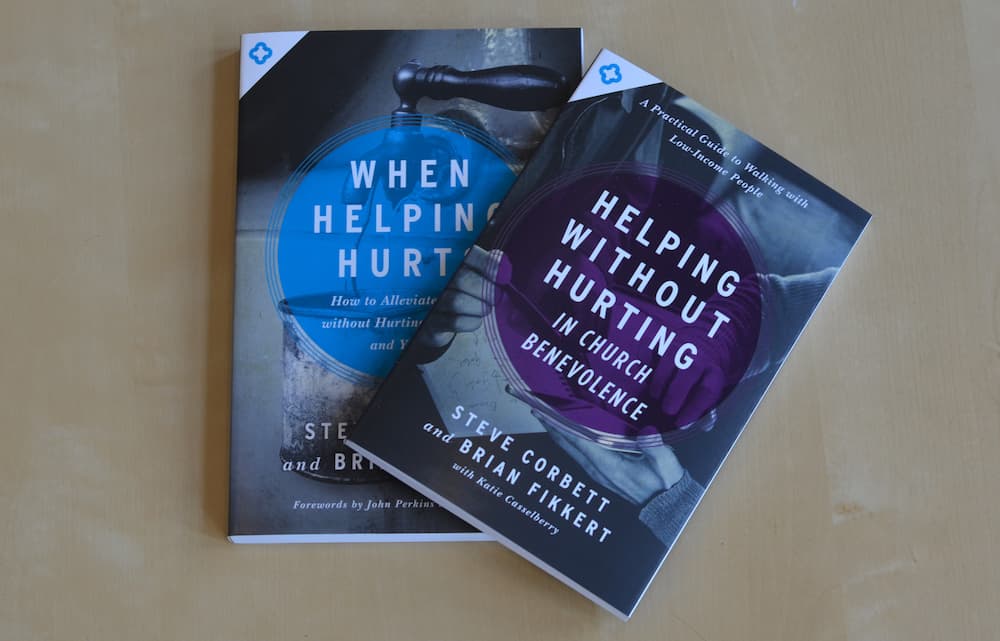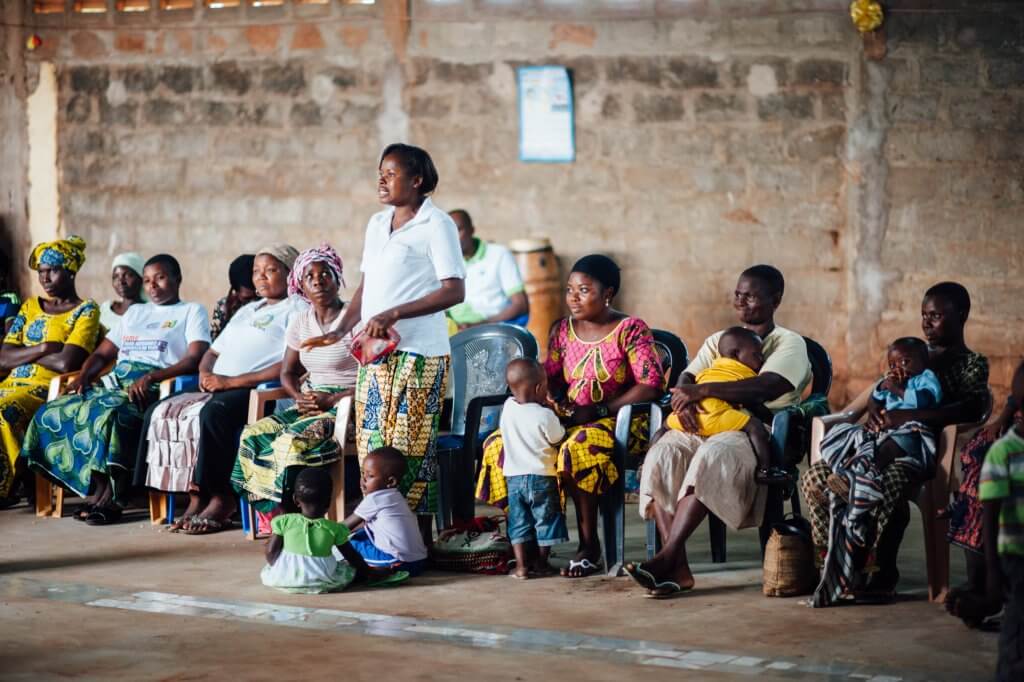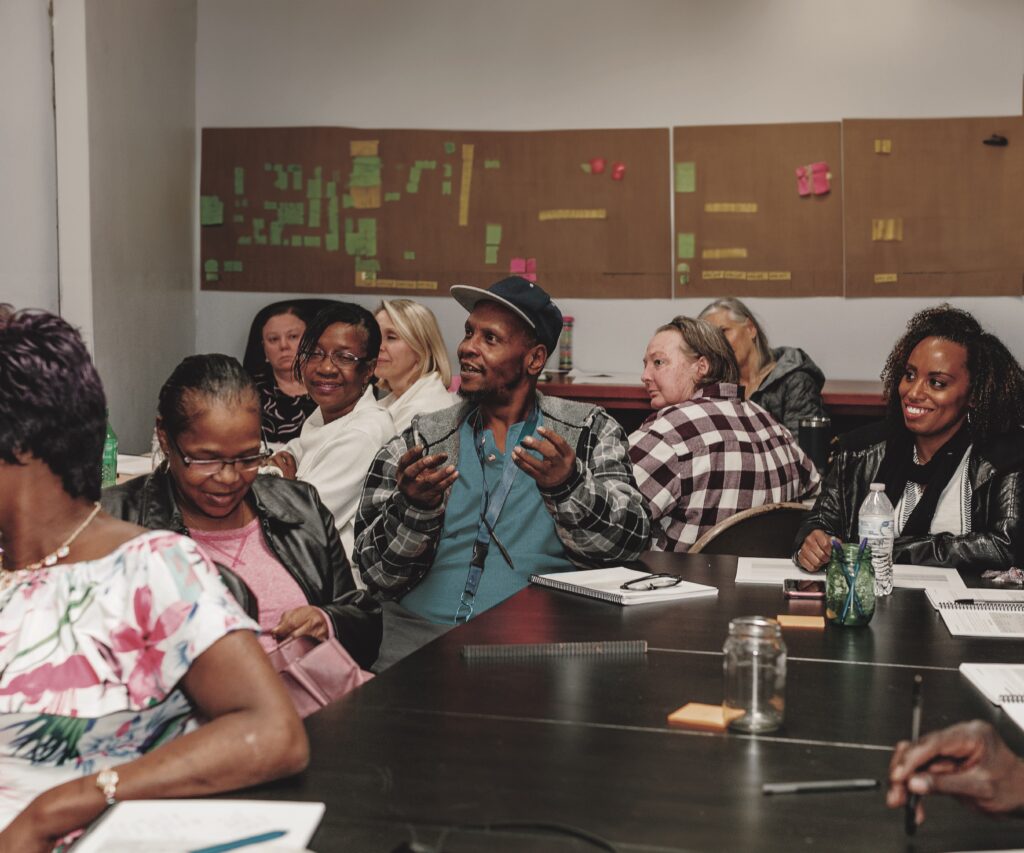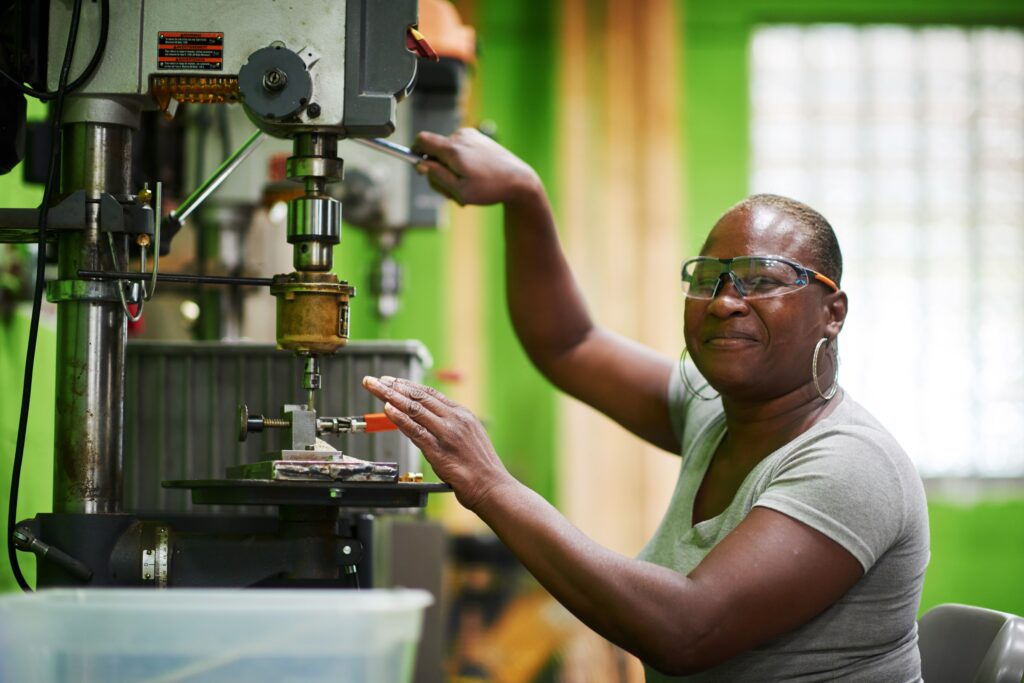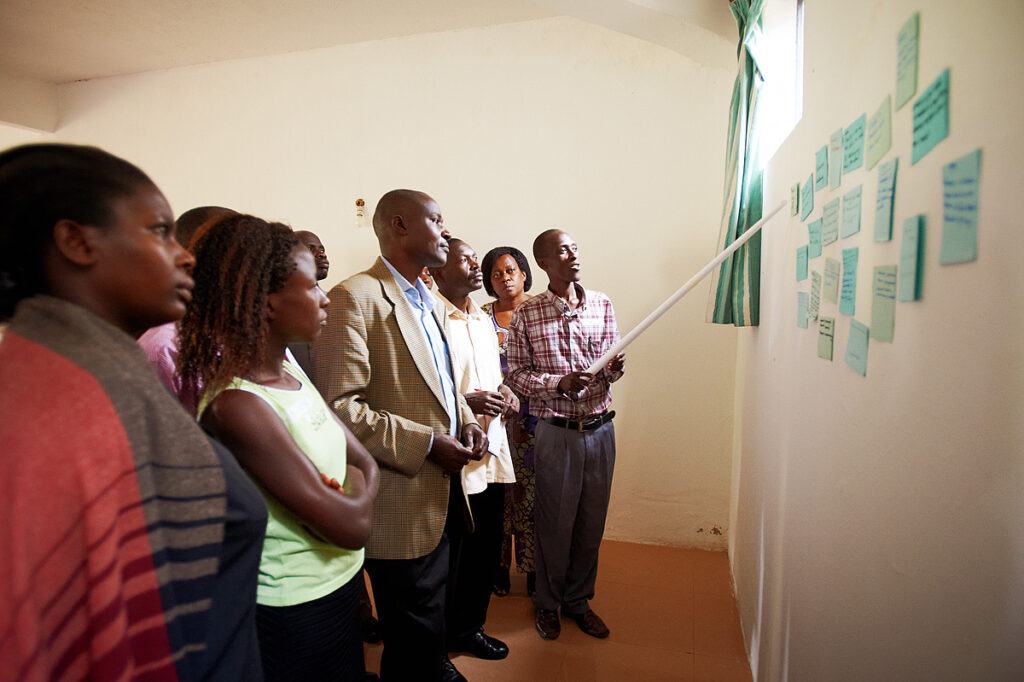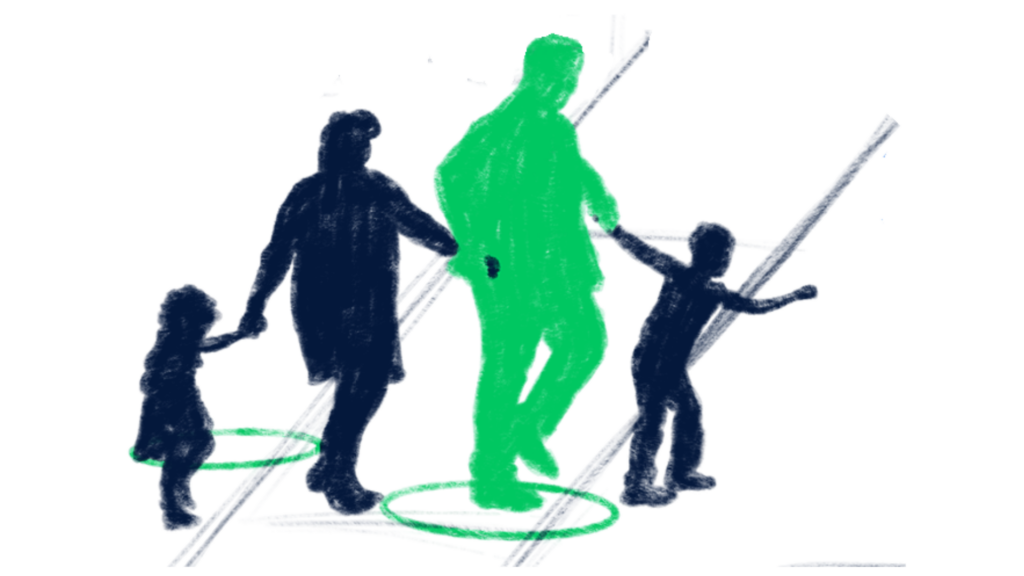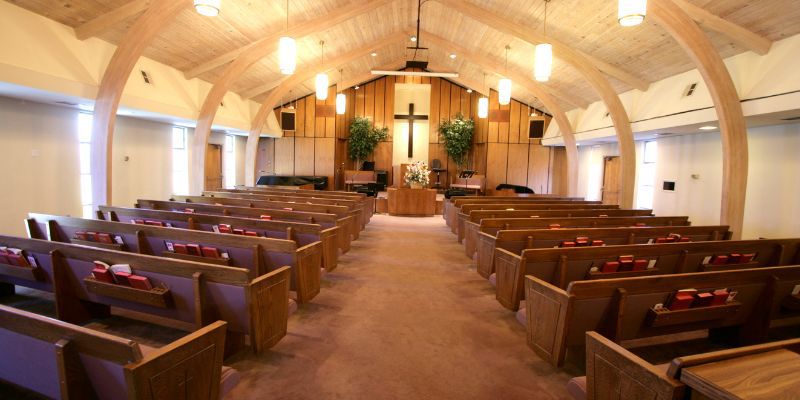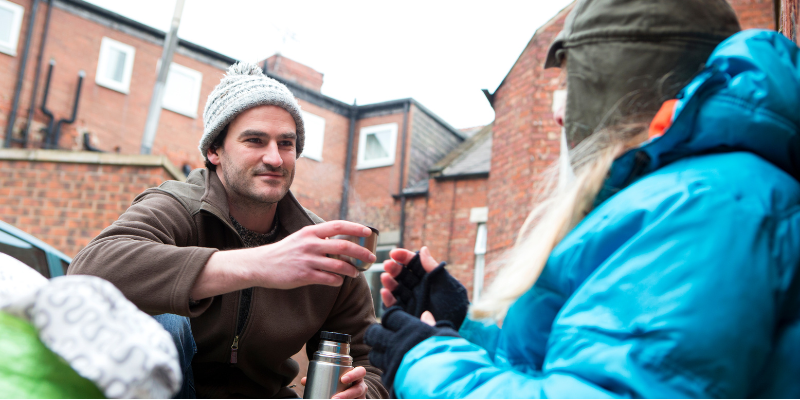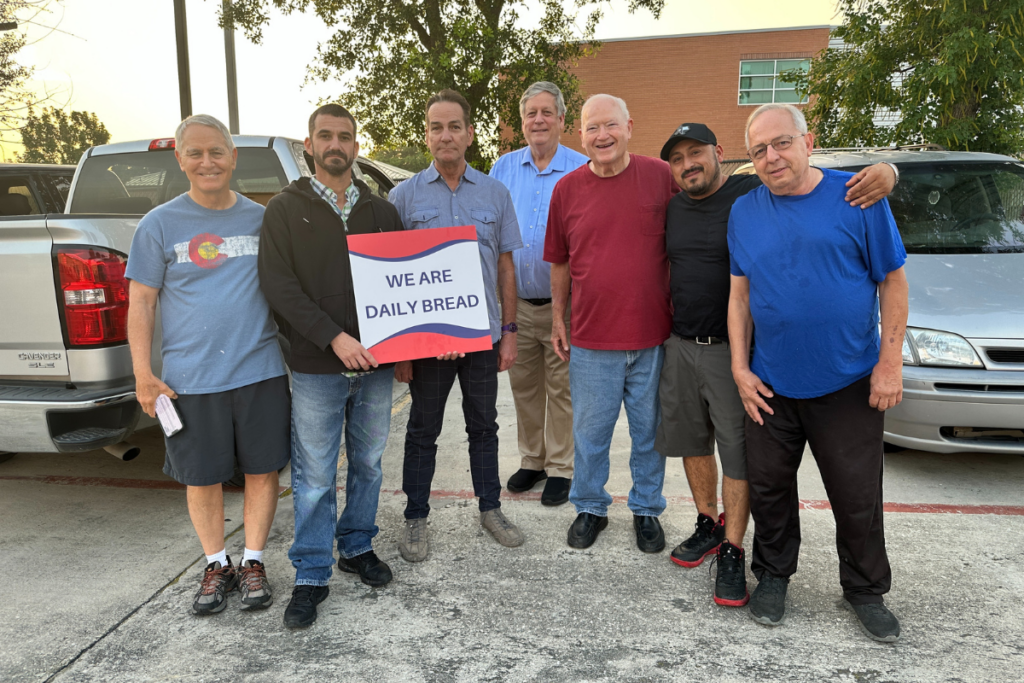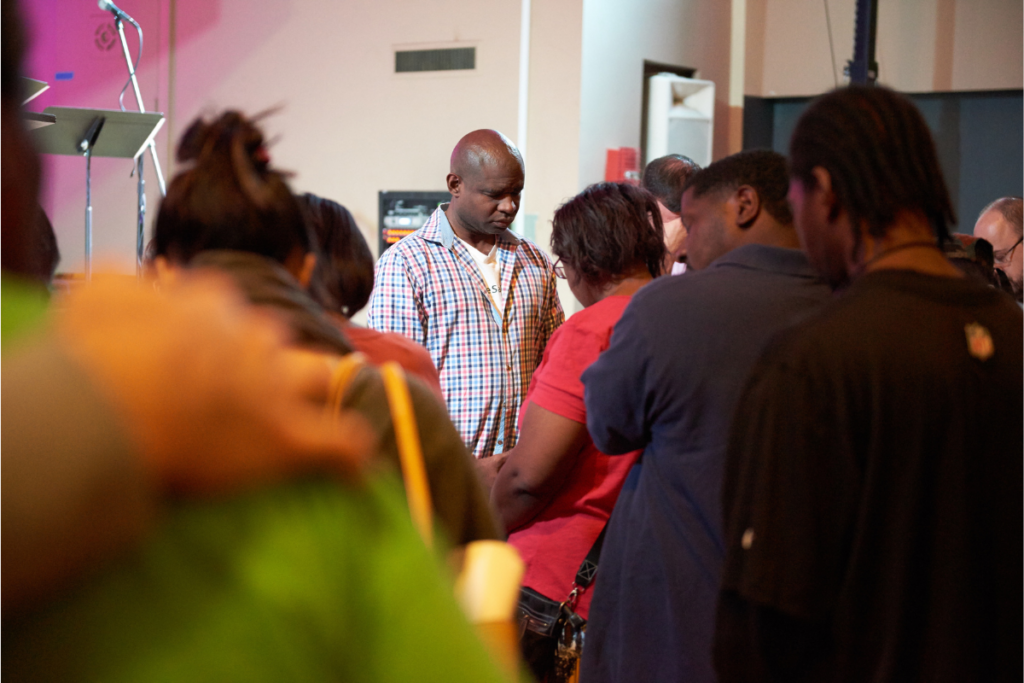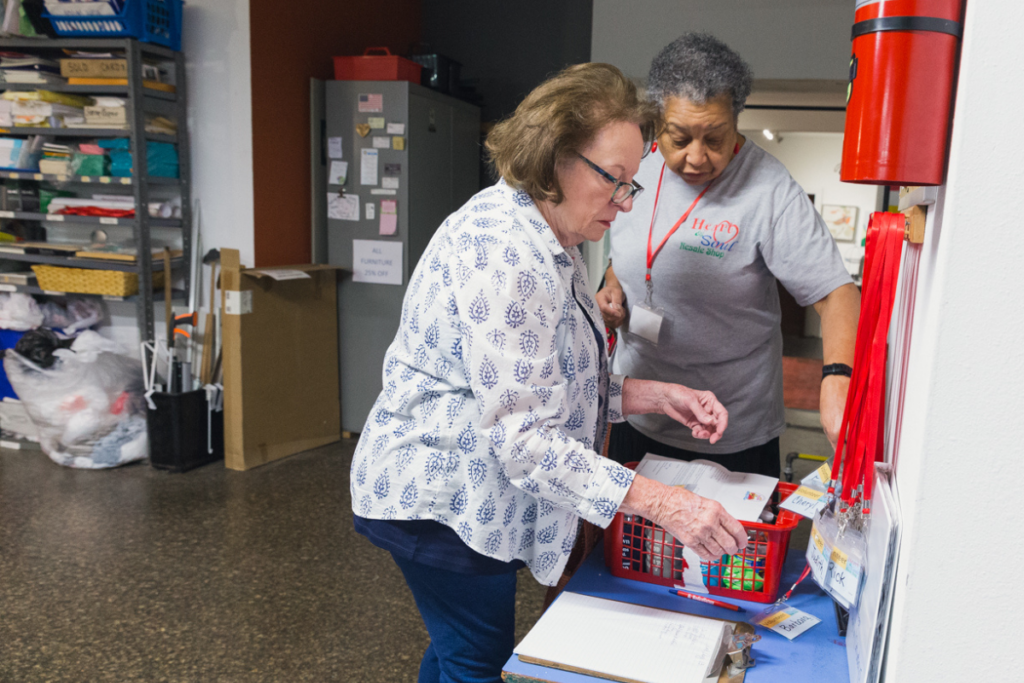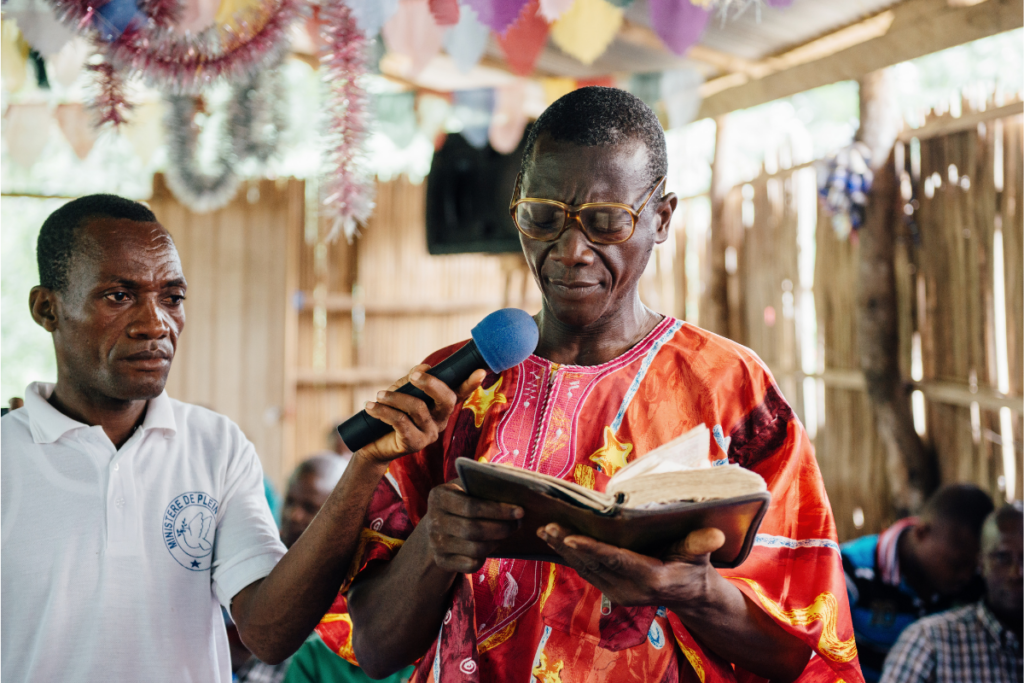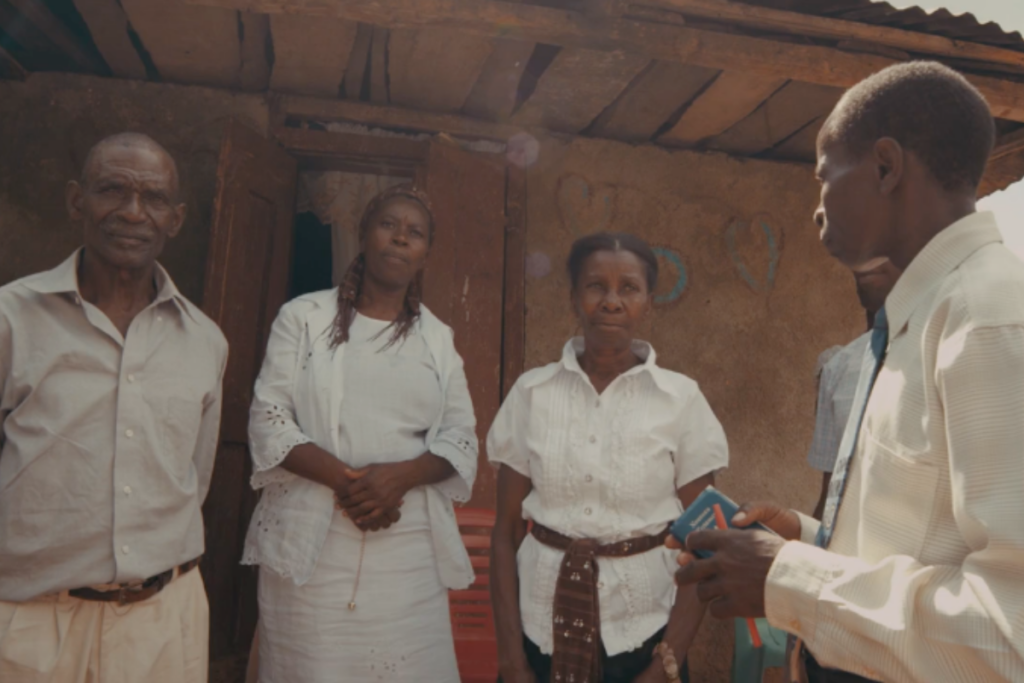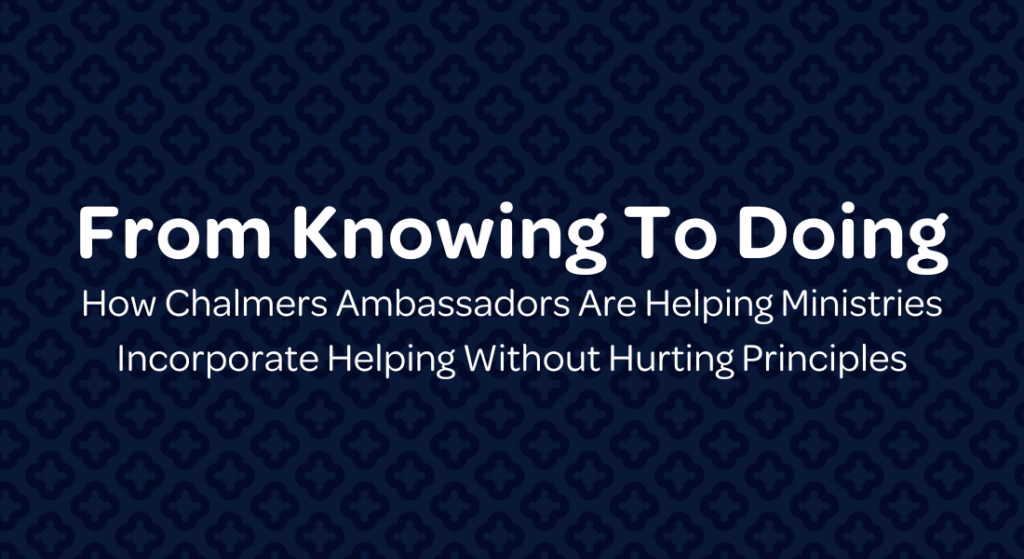Search
Categories
Tags
Posts in “Helping Without Hurting”
Benevolence As a Posture, Not Just a Ministry
When Chalmers published When Helping Hurts in 2009, our team had already been thinking about, teaching, and practicing a theology of poverty and poverty alleviation for a long time.
Local Churches, Local Resources, Lasting Change
Microfinance can be a powerful tool for helping people escape extreme poverty. When we shift our thinking, it can be even more powerful. How can we make the most of the opportunities microfinance provides?
Financial Literacy: More than Just the Facts
April is recognized as National Financial Literacy Month. Here’s a question to ponder: why don’t more Americans make better decisions in managing their finances? Is it simply that they need better information?
Exchange Models Done Well: Eight Ways to Empower Without Exploiting
or most able-bodied adults, paid employment is essential to the long-term path out of poverty. To effect that outcome, many churches and ministry organizations use a partial-exchange, intermediate-steps model that teaches the skills necessary to succeed in the marketplace.
The Poison of Paternalism: Adapted from 𝘞𝘩𝘦𝘯 𝘏𝘦𝘭𝘱𝘪𝘯𝘨 𝘏𝘶𝘳𝘵𝘴
Having a clear understanding of the different ways to help people in material poverty is essential to recognizing why choosing the right approach matters. To illustrate this, consider the consequences of misunderstanding and unintentionally applying it in ways that cause greater long-term harm, leading to dependency, wasted resources, and even the erosion of local capacities that are crucial for sustainable progress.
Remembering Why We Give: Incarnational Presence
Last month, we highlighted U.S. federal funding cuts and their impact on our ministry partners and global relief and development efforts. We urged you to respond by giving generously, encouraging affected organizations, and praying fervently—with a promise of next steps in the coming weeks.
Applying the Right Response—Relief, Rehabilitation, and Development
Our goal in walking alongside any community in poverty should be working to help people move from a less stable to a more stable position. However, it is important to always keep in mind that poverty can come in many different forms, each requiring a different approach. Thus, our understanding of these different conditions is key to ensuring we respond to communities with the right kinds of help.
– Jonathan Wiles, Chief Operating Officer, Living Water International
A Time to Pray, a Time to Give Generously
It is a consistent theme of Scripture that those blessed with power and wealth have a special responsibility to administer justice and mercy for those who are in danger or in need. Leaders should use their influence so that the least among us—the fatherless, the widow, the sojourner, and the poor—have a faithful advocate in the halls of power.
Going Beyond the Four Walls of the Church: The Impact of Community Ministry
Local churches often make a significant mistake when it comes to helping those in poverty. They sometimes create divisions in their efforts that aren’t really necessary, according to Scripture. When we split up the act of spreading the message of God’s transformative power (evangelism) and the act of serving others or providing practical life skills (service or technical programming), we give the wrong impression that the world is fragmented. We make it seem like God’s work is separate from helping people in need.
Recognizing What People In Poverty Need
It’s easy for most of us to conceptualize a fairly simplistic picture of what poverty looks like. In turn, that overview can generate equally simplistic solutions or treatments. For many, we may have an image in our minds of a destitute population lacking necessary materials for survival. On paper, it seems as though simply providing people in poverty with what they seem to need will solve the problem. While this may provide temporary relief to those in need, it is often only a small adjustment to a much larger problem.
Training to Help Your Ministry Help without Hurting
During the past 25 years, in addition to publishing books about poverty alleviation, Chalmers has been creating training for use in both the U.S. and the Majority World (of Africa, Asia, and Latin America). These field-tested programs are built on God’s story of change and community development best practices to help you put a biblical framework for addressing poverty into practice.
Doing All Things Well This Year
The right approaches to poverty alleviation are not quick fixes, but often decades-long processes that you can’t control. That’s why it’s so important to focus on being formed into people who can walk the long road of mutual transformation by the power of Christ.
Praying for Transformation Together
Because all of us are suffering from brokenness in our foundational relationships with God, self, others, and creation, we all need “poverty alleviation,”—just in different ways. As men and women engaged in the work of poverty alleviation, our relationship to those in material poverty should be one in which we recognize that all of us are broken and that all of us need the blessing of reconciliation. Our perspective should be less about how we are going to “fix” those in material poverty and more about how we can walk together, asking God to bring healing to us all.
Five Ways To Empower Older Workers & Volunteers In The Modern Workplace
I became an “older” woman overnight. Let me explain: for fifteen years, I lived in a community with a median age of 65—Naples, Florida. I celebrated my 40th birthday just weeks after moving there.
You’re Not the Hero: Avoiding Paternalism in Short-Term Missions
Healthy, effective approaches to addressing material poverty start by recognizing and celebrating the gifts and resources God has already placed in a community. This can include natural resources, people, families, neighborhood associations, schools, businesses, governments, or individual skills.
Before You Go: Defining Success in Short-Term Missions
As the summer season approaches, many church groups in the U.S. are preparing for short-term mission trips, whether inside or outside the country. They may be thinking through the details of their plans, making travel arrangements and packing lists and prayer sheets, and raising funds.
From Knowing To Doing: How Chalmers Ambassadors Are Helping Ministries Incorporate Helping Without Hurting Principles
Earlier this week Justin Lonas, Director of Foundational Products at the Chalmers Center, hosted a webinar with two of our Ambassadors and two ministries they recently served. During the conversation, Justin shared that the basic premise of the Ambassador program is discipleship. Our purpose in training and sending out Ambassadors is to support churches and organizations as they walk alongside and empower people in their community who are facing the challenges of material poverty.


